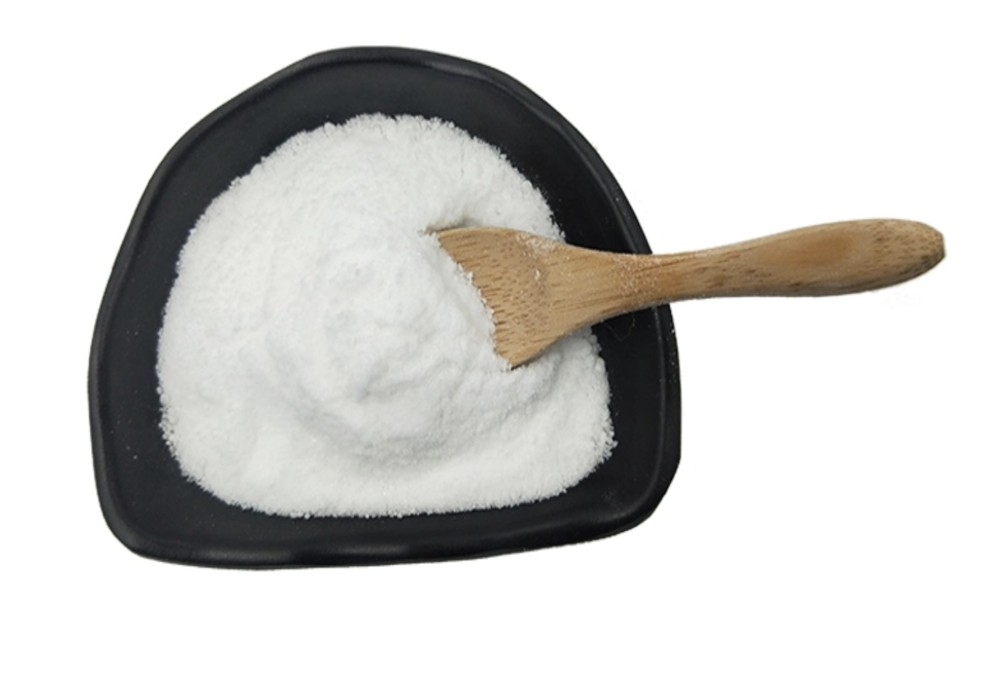Glutamic acid (symbol Glu or E;the ionic form is known as glutamate) is an α-amino acid that is used by almost all living beings in the biosynthesis of proteins. It is non-essential in humans, meaning the body can synthesize it. It is also an excitatory neurotransmitter, in fact the most abundant one, in the vertebrate nervous system. It serves as the precursor for the synthesis of the inhibitory gamma-aminobutyric acid (GABA) in GABA-ergic neurons.
1. It can be used for the pharmaceutical, food additives, and nutritional supplements.
2. It can be used for biochemical research. In medicine, it can be used for treating hepatic coma, seizures prevention, and reducing ketonuria and ketosis.
3. It can be used as salt substitute, nutritional supplements, and flavor enhancer (mainly for meat, poultry, soups and so on). It can also be used as the prevention agent for the production of magnesium ammonium phosphate in shrimp, crabs and other aquatic can with the usage amount of 0.3% to 1.6%. According to the provisions of GB 2760-96, it can be used as a spice.
4. L-glutamate is mainly used for the production of monosodium glutamate, spices, and as a salt substitute, nutritional supplements and biochemical reagents. L-glutamate itself can be used as drugs and is involved in protein and carbohydrate metabolism in the brain, promoting the oxidation process. This product can combine with ammonia in the body into non-toxic glutamine, causing decreasing ammonia and reducing the symptoms of hepatic coma. It is mainly used for the treatment of hepatic coma and severe hepatic dysfunction. However, the efficacy is not satisfied; Combination with antiepileptic drugs can treat seizures and psychomotor seizures. Racemic glutamate can be used in the production of drugs as well as being used as biochemical reagents.






















